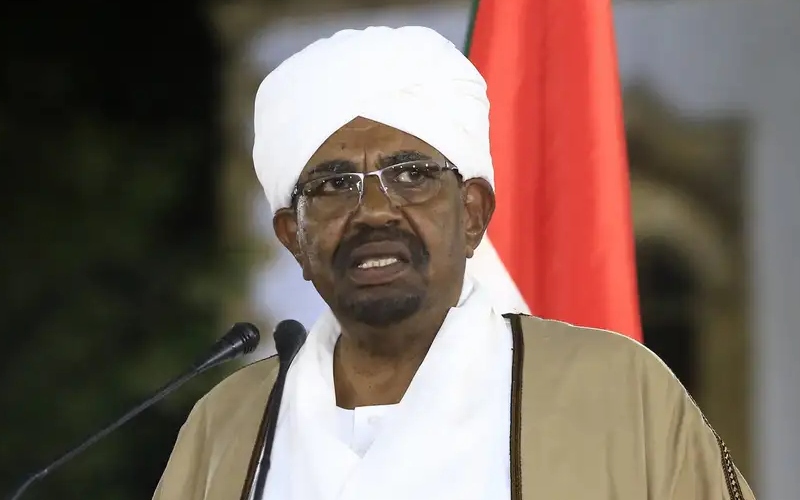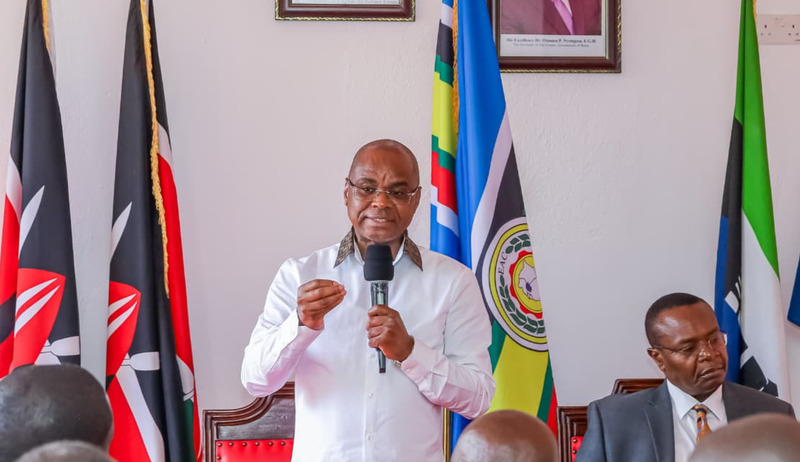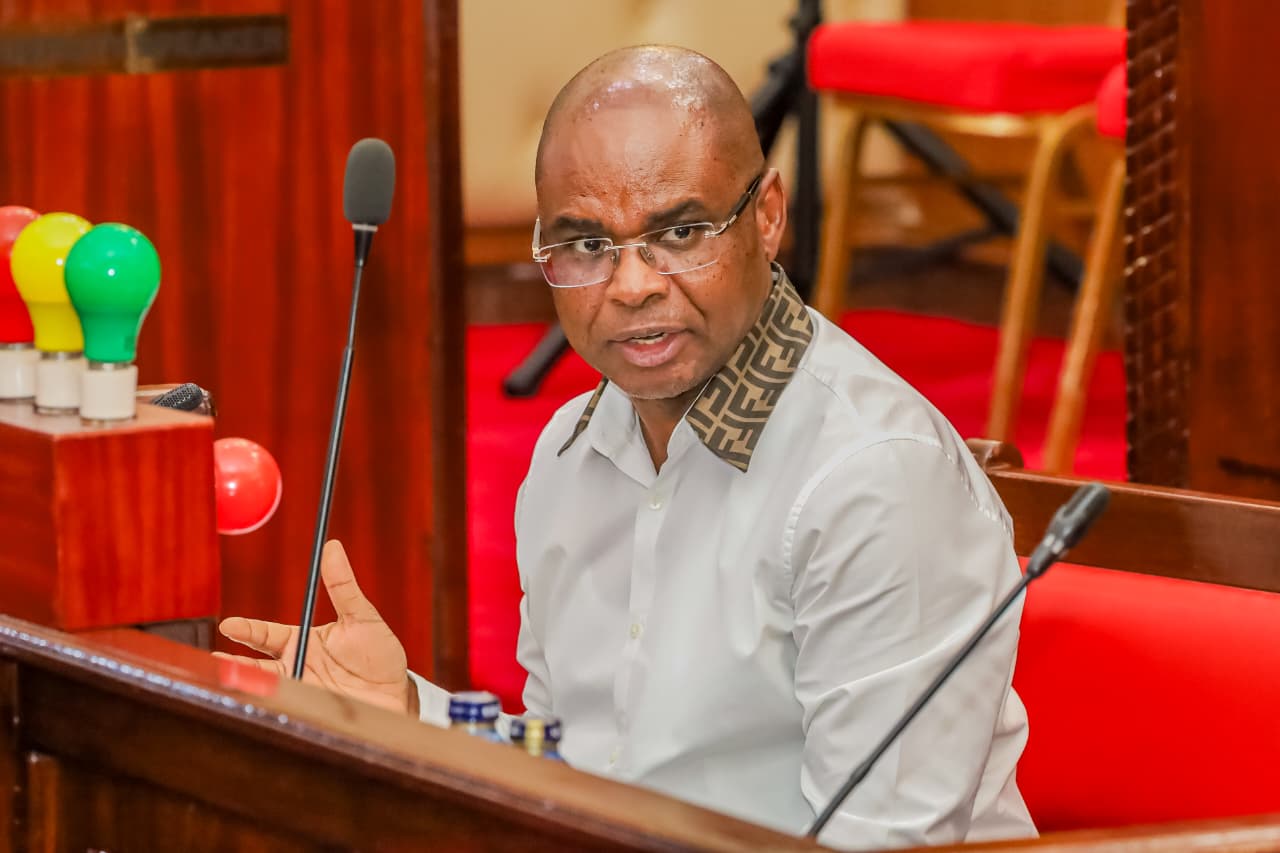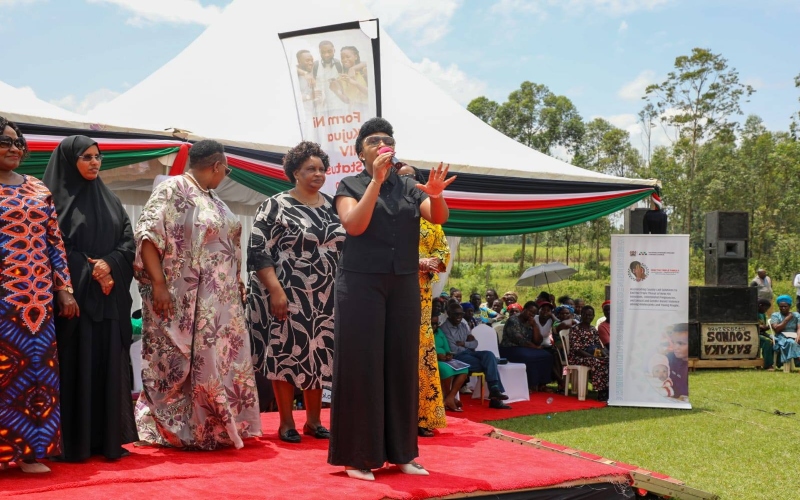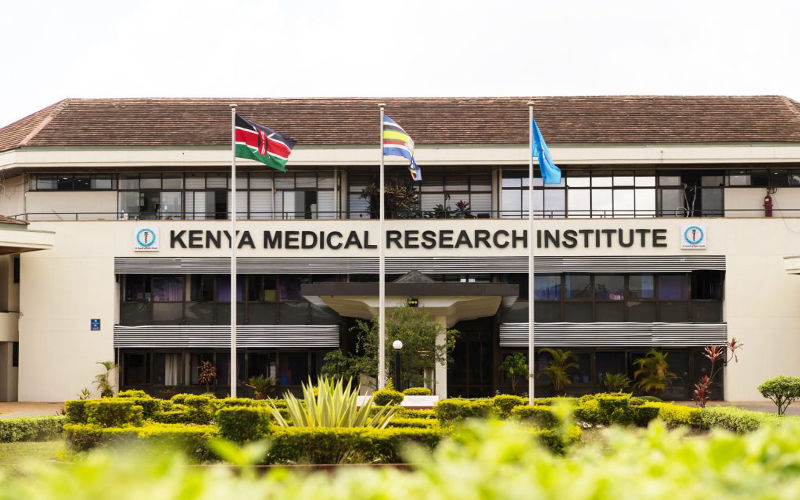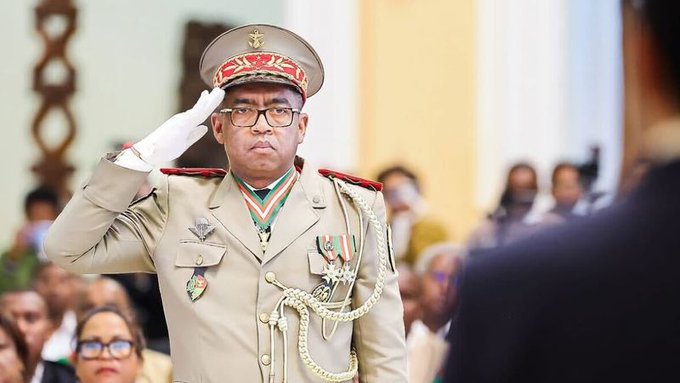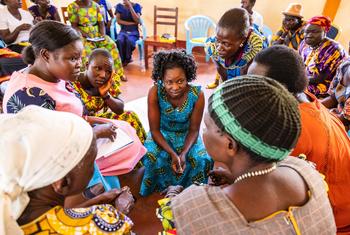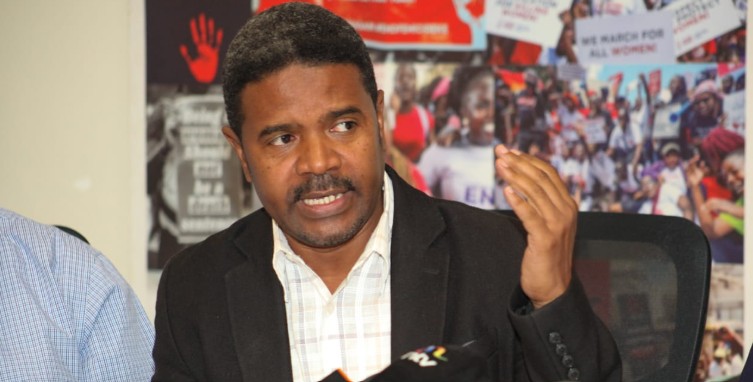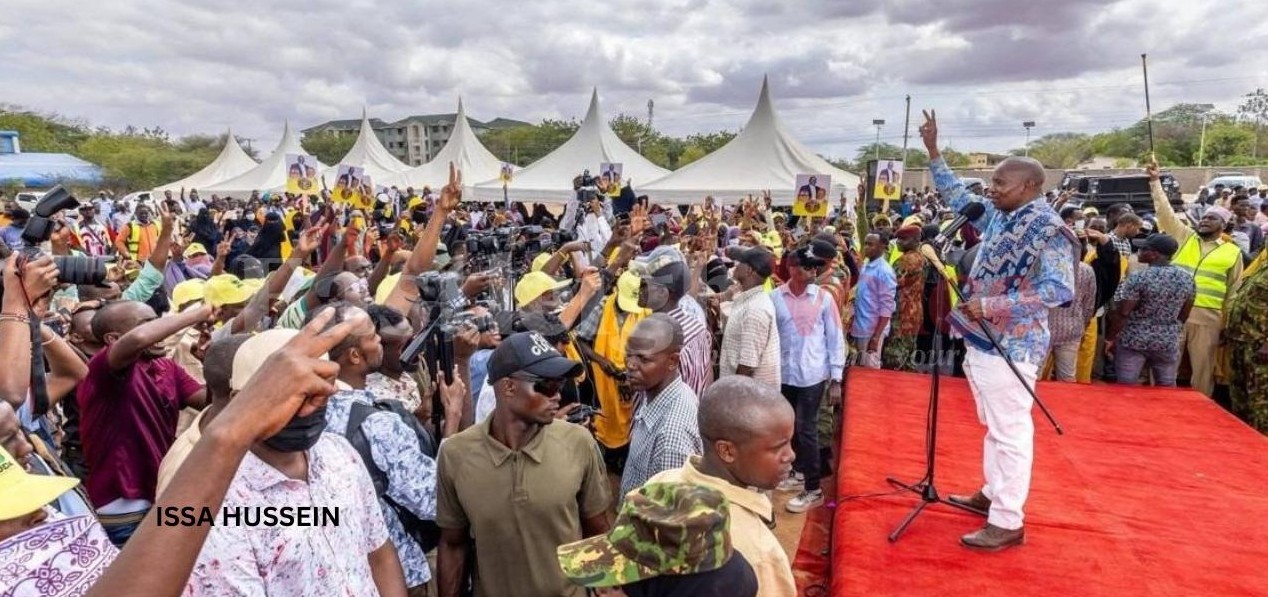Principals want state to jam phone signals to curb cheating in KCSE exam
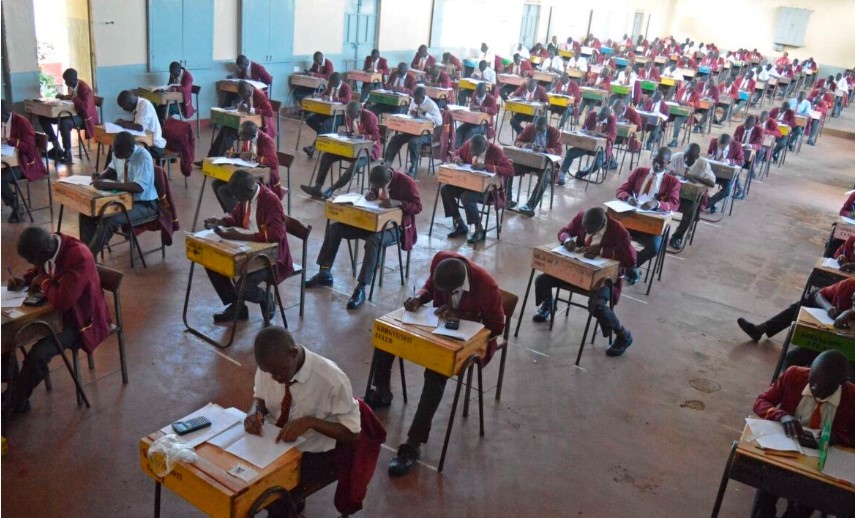
The school heads association emphasised the importance of additional technological measures such as mobile phone detectors, pointing out that cheating through social media platforms like WhatsApp, Telegram and Facebook was rampant during the 2022 KCSE exam.
As the national exams approach, the Kenya Secondary School Heads Association (KESSHA) has proposed a series of stringent measures to curb cheating during the upcoming Kenya Certificate of Secondary Education (KCSE) exam.
The principals have urged the government to jam mobile phone signals during the exam period to prevent the use of mobile phones for cheating.
More To Read
- KNEC deploys over 90,000 staff as 3.4 million learners prepare to sit 2025 exams
- How KNEC plans to curb exam cheating in 2025 national examinations
- CS Ogamba declares tough sanctions against unruly students amid school unrests
- Court upholds KNEC's lucrative exam distribution tender
- TSC announces strict invigilation guidelines ahead of national exams
- Student suspended, slapped with Sh16,800 fine for possessing chewing gum
In a report, KESSHA highlights the need for rotating invigilators to reduce familiarity between invigilators and students, which could lead to collusion.
"Rotating invigilators will also reduce familiarity and potential collusion. Install CCTV cameras to monitor exam halls to deter malpractice," reads the report.
The association emphasised the importance of additional technological measures such as mobile phone detectors, pointing out that cheating through social media platforms like WhatsApp, Telegram and Facebook was rampant during the 2022 KCSE exam.
This revelation follows investigations into alleged malpractice where students used mobile phones to access and share exam content online.
KESSHA further called for the restructuring of the Kenya National Examinations Council (KNEC) to enhance its independence, ensuring a fair and unbiased examination process.
“Independence ensures unbiased examination processes and minimizes external influence,” KESSHA officials led by National Chairman Willy Kuria said.
The principals proposed a firm stance on school and candidate rankings, advocating for their abolition to eliminate the pressure that may lead to manipulation of results.
They also endorsed a proposal by the Teachers Service Commission (TSC) to have secondary school teachers, rather than primary school teachers, oversee the KCSE exam as invigilators.
“Secondary school teachers have a better understanding of the high school students they are managing. Secondary school teachers could be more assertive and effectively control candidates because of their regular interaction with them,” Kuria said.
He further noted that competition among schools might drive secondary school teachers to be more committed to preventing cheating.
Police changes
On teacher promotions, the principals called for policy changes, recommending that the TSC stop issuing performance-based promotions that pressure teachers into malpractice.
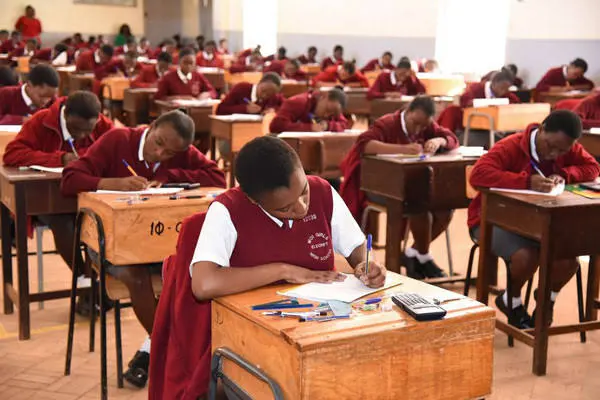 A file photo of candidates sitting the Kenya Certificate of Secondary Education exams. (Photo: KNEC)
A file photo of candidates sitting the Kenya Certificate of Secondary Education exams. (Photo: KNEC)A file photo of candidates sitting the Kenya Certificate of Secondary Education (KCSE) exams. (Photo: KNEC)
“There should be a change of promotion criteria to ensure focus on holistic student development. There should be an end to political interference; shield exams from political agenda,” Kuria added.
He stressed the importance of ethical behaviour and a shift in focus from final exams to continuous assessment.
Kessha also demanded punitive measures against those found guilty of exam malpractice, including dismissal or imprisonment. The association further recommended the allocation of resources based on the specific needs of schools.
“Needs-based funding allocates resources based on school needs, not just enrolment numbers. Ensure adequate staffing for effective candidate preparation,” Kuria said.
Research conducted by the association highlights the severe impact of cheating on the education system, noting that it erodes trust and devalues the qualifications awarded.
“It undermines the integrity of the education system and has far-reaching consequences,” reads the report.
The 2022 KCSE exam faced multiple allegations of cheating, leading to the suspension of several top education officials and the arrest of others for sharing exam materials on social media shortly after exams were administered.
Kessha’s national governing council condemned the irregularities, stating that cheating has taken root in the country’s examination system.
“No school should bother to celebrate any results because of rampant cheating,” the council said.
Kuria, who also serves as the principal of Murang’a High School, referenced the 2022 KCSE exam results, which saw a sudden surge in the number of students scoring top grades.
The Ministry of Education acknowledged receiving reports of irregularities during the 2022 KCSE exam but assured that the cases were handled appropriately without leading to result cancellations. Some of the reported malpractices included collusion, possession of unauthorised materials, and attempts to sneak mobile phones into examination centres.
Education Cabinet Secretary Julius Ogamba has since urged stakeholders to ensure a conducive environment for candidates as they prepare for the national exams set to begin next month.
“I am appealing to all our stakeholders to do everything they can to ensure a good atmosphere for our schools to prepare candidates for the national assessment, and KCSE that are set to start at the end of the Third Term,” Ogamba said.
The 2024 KCSE exam is scheduled to commence on October 22, while the Kenya Primary School Education Assessment (KPSEA) and the Kenya Intermediate Level Education Assessment (KILEA) will follow on October 28.
Top Stories Today
